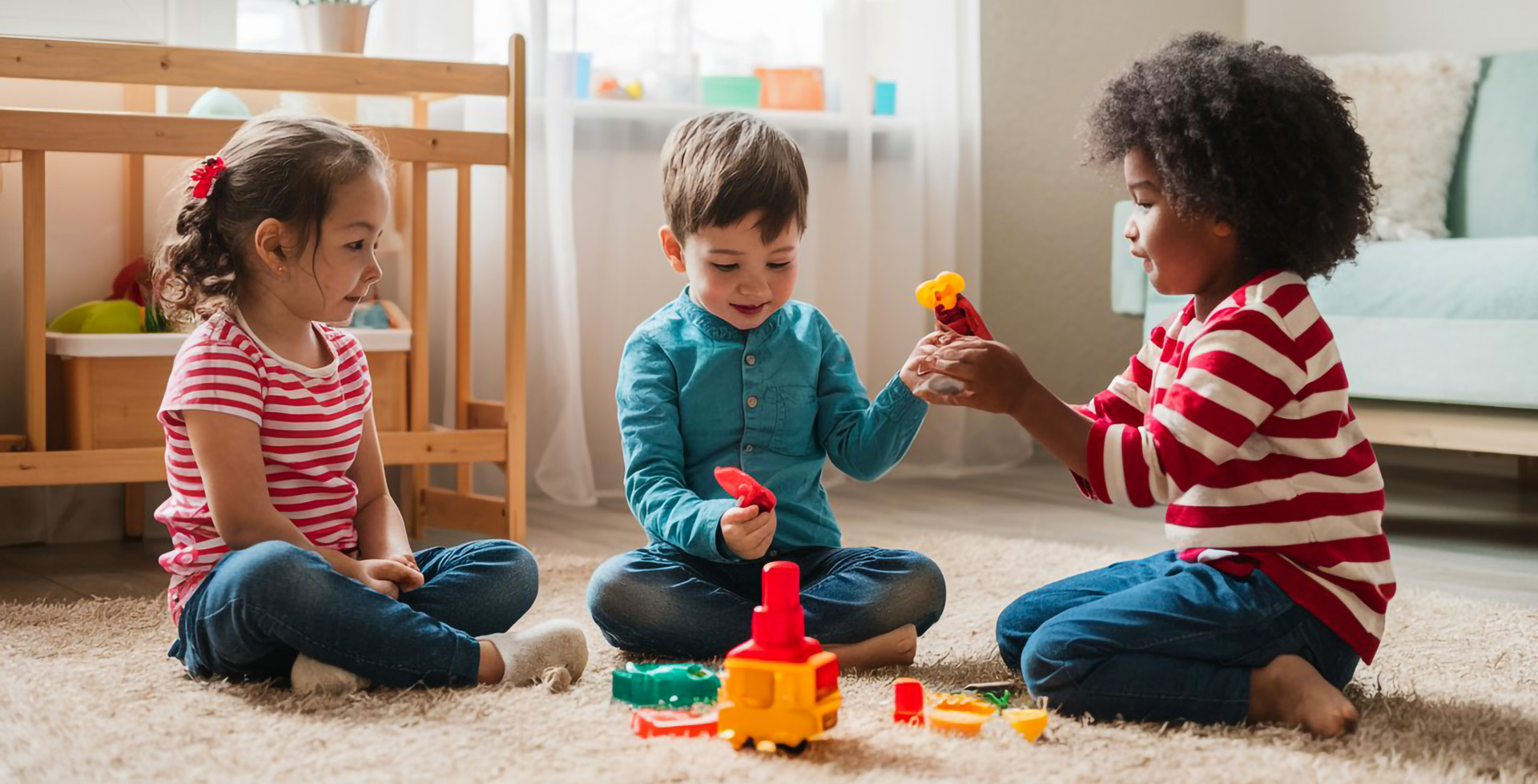As pediatricians, your child’s physical well-being is a priority. However, we care just as much about their social and emotional well-being. The more seen, heard, understood, and loved your child feels, the more resilient and healthier their physical health is today, tomorrow, and long into the future. And you don’t have to take just our word for it.
Harvard Proves Social Connections Are Foundational For Health
In 1938, more than 75 years ago, the Harvard Study of Human Development aimed to get at the heart of what makes people happy. They started with more than 700 “test subjects,” who participated in questionnaires regularly over the years and decades. Their research has continued through multiple generations of participants and yielded unintended findings.
One of the most significant findings was just how meaningful social connections are to human existence. Not only are our deep, high-quality relationships with others what make us happiest, but people with good relationships are also healthier and live longer than those without a solid social network.
So, don’t be surprised if we spend more time checking in with your children – and your family – about the quality of their social connections.
Tips For Fostering Your Children’s Social Connections
Here are some tips on fostering your children’s social connections to optimize their “social fitness.”
1. It starts with you and the family.
You and your family/extended family are the first layer of social connectivity for your child. Working on healthy communication skills, modeling healthy relationships, and supporting their connections with extended family members (even those you may have interpersonal conflicts with) are all ways to build their social foundation.
Also, remember that burnt-out adults have a more challenging time parenting from a compassionate, patient, and spacious place – so take care of yourself so you have room to give children what they need.
2. Use emotionally aware communication at home.
To piggyback on how you can model healthy communication and social connection, let’s look at the skill sets child development specialists use to assess and determine a child’s social-emotional IQ:
- They are typically in a good mood (more content than angry, mad, or afraid).
- Interested in creating close relationships with peers and immediate caregivers.
- Recognize others’ emotions and demonstrate empathy.
- Interact well with others.
- Know how to say “I’m sorry” and take accountability for words or actions that cause harm to others.
- Can play, compromise and negotiate with others.
Of course, depending on how fiery, introverted, or sensitive your child is, some take longer to learn and develop than others. However, think about family interactions and whether they demonstrate these same attributes. Also, children on the spectrum may take longer to develop social skills.
If your child seems to struggle or have a challenging time in the social arena, that’s okay. Let us know, and we can see whether behavioral health support makes sense. There are also plenty of Portland area agencies that help children cultivate social-emotional awareness. Talk to your child’s teacher, school counselor, or pediatrician, and we’ll point you in the right direction.
3. Honor your child as an individual (rather than an extension of you).
This is not an easy thing for any parents, ourselves included. It’s natural to want our children to enjoy the same things we do – whether it’s playing sports, being a musician, excelling in academics, etc. However, children are not extensions of us. They are individuals with their own talents, skills, interests, and needs. Their emotional and mental health suffers when children are forced into a shape that doesn’t fit.
It’s our job to help them find what they’re interested in – and then support them moving forward. Meeting like-minded peers is a natural unfolding in that process. However, forcing your child to remain engaged in an extracurricular activity they’ve tried – but don’t enjoy – means keeping them from finding their more ideal social connections that are essential to overall well-being.
And in case you’re worried about commitment vs. quitting, we advocate creating a family policy that everyone tries whatever they’ve agreed to for a set period (usually a season or 90-ish days), after which a child can choose to continue or try something new. That way, you honor the boundary around following through while still allowing plenty of opportunities to pursue different interests and skills.
4. Remember that more is not better when it comes to friends.
If you read the Harvard study and its ongoing findings, you’ll learn that more friends and social connections aren’t necessarily better. Optimizing social fitness in children doesn’t mean ensuring they have “lots of friends.” So, if your child is an introvert, there’s no cause for concern. Instead, it means working with them to find at least one, two, or three friends or close social connections where they feel seen, valued, and appreciated.
5. Balance screen time and limit social media access.
Despite what the mainstream and social media worlds promote, studies are clear that too much screen time and access too early (or too often) to social media harms our children’s emotional well-being. This includes their sense of self and ability to connect with others. We advocate holding firm boundaries when it comes to balancing screen time or allowing access to smartphones, tablets, and social media.
Pediatric Associates of the Northwest Cares About Children’s Social Fitness
At PANW, we care about the whole child and family system. Your child’s social fitness is as important to us as their physical well-being.
Are you concerned your child retreats – more than engages – with peers? Are you looking for advice on how to help them cultivate healthy social connections with peers and others? Schedule an appointment with Pediatric Associates of the Northwest.





